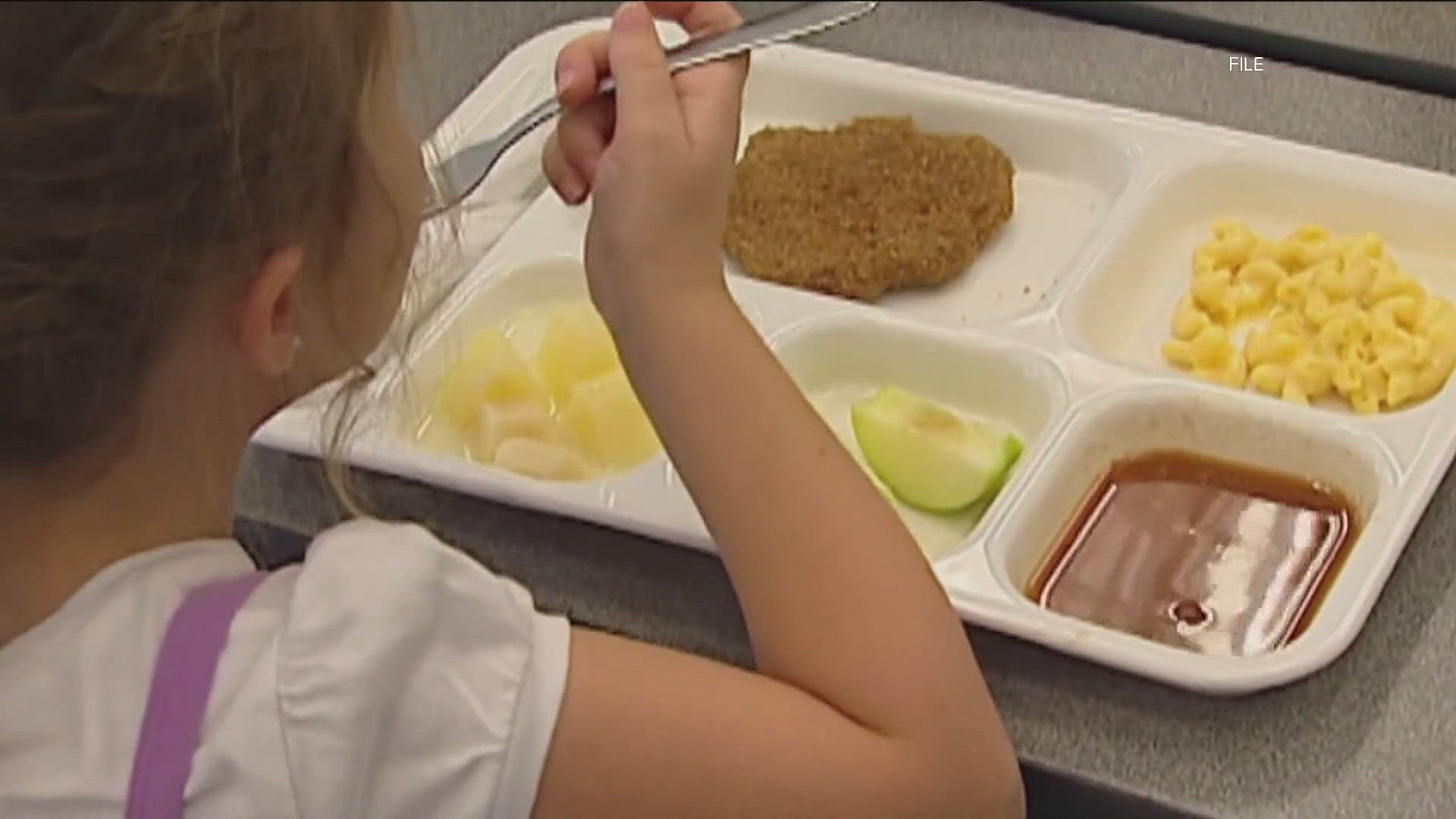ATLANTA — Georgia leaders must decide by the end of the month whether to participate in a federally funded food program designed to help feed low-income children during the summer months.
The program, known as Summer EBT (Electronic Benefit Transfer) or Sun Bucks, provides eligible families with $40 per summer month per child ($120 total) to buy groceries when school is not in session. Thirty-seven states participated in the optional program for 2024, while Georgia leaders opted out, foregoing approximately $138 million in federal benefits, according to USDA data.
Now, the time has come for states to decide yet again whether they’ll participate in the coming summer. A spokesperson confirmed that Georgia has yet to commit for 2025.
“We’re still evaluating,” a Georgia Department of Human Services spokesperson said without elaborating further when asked whether state leaders have finalized their decision.
11Alive also reached out to Governor Brian Kemp’s office for further clarification on the state’s stance.
“We don’t have any additional information to share beyond what DHS has already provided,” a Kemp spokesperson responded via email.
11Alive has extensively reported on the issue, with the governor’s office previously pointing to the "lack of nutrition standards and fiscal sustainability" of the program as reasons for the state's decision not to participate. The governor’s office has instead highlighted the intent to promote and focus on existing summer meal programs.
Yet, questions remain about whether such programs meet the current need.
“When schools close for summer, millions of children lose access to nutritious school meals. While traditional summer meal programs support children’s health and learning, barriers such as transportation, location, and availability prevent many students from participating, causing a spike in summer hunger. That’s where the Summer Electronic Benefit Transfer (Summer EBT) Program steps in,” the Food Research and Action Center notes.
While implementing the program would cost Georgia an estimated $4.5 million in administrative expenses, a breakdown by FRAC notes Georgia’s participation in Summer EBT would have potential to reach more than 1 million kids in the state.
Democrats have pressed state leaders to reconsider last year’s decision. Rep. Lucy McBath, in particular, laid her frustration at the feet of the governor while speaking to reporters in August.
"I’m enraged," Rep. McBath said at the time. "Governor Kemp is choosing to disregard the needs of the most vulnerable families in the state of Georgia."
The USDA Food and Nutrition Service has been testing the Summer EBT program in various forms since 2011, before Congress made the program permanent in December 2022 as part of the Consolidated Appropriations Act.
Georgia officially has until January 1 to submit its Notice of Intent to the USDA if it plans to participate in the Summer EBT program for the upcoming summer. Such notice is not binding, the USDA notes on its website, “should unforeseen challenges present an absolute barrier to implementation.”

